AO Edited
The Tunnels of Rabaul
This volcanically volatile island town is home to an abandoned series of tunnels left by the Japanese during WWII.
Home to two active volcanoes and some of the most abundant earthquake activity in the world, the township of Rabaul in Papua New Guinea does not seem to be the ideal place for a massive military encampment. But thanks to a strategically significant harbor, the Japanese built one anyway during World War II, leaving behind over 500 miles of tunnels snaking beneath the island when they were routed.
Japanese forces overtook the town of Rabaul in 1942 as WWII was in its final years, and quickly established a massive military complex serving their navy, air force, and, infantry. At its height, the Rabaul base and its surrounding encampment served over 97,000 soldiers and thousands more accompanying personnel.
Due to the island’s remote location, the main threat to the base was bombardment from the air, which was frequent and often devastating. To counteract this, hundreds of miles of tunnels were built beneath the town where a number of fully functioning facilities were installed. The tunnels were dug by laborers who were captured in Malaysia, China, and Singapore and transported to Rabaul. Many of these laborers died from disease, starvation, poor treatment, and overwork. The Japanese also used local Tolai labor from surrounding villages and prisoners of war.
The hospital, barracks, storehouses, and command centers were moved into the underground labyrinth with some of the chambers built as large as four stories tall. Some of the tunnels were hewn right from the existing rock, and some were crude structures supported by palm beams, while others still were fully built out concrete bunkers. All in all, the system became one of the longest and most elaborate in the world.
When the Japanese were driven from the island at the end of the war, the base and its copious tunnels were simply left behind. Today, most of the contents of the base have been cleared out but dangerous ammunition and other remnants can still be found in the depths of the tunnels. A volcanic eruption in 1994 nearly buried the entire city beneath volcanic ash and most of the populace were forced to evacuate, but the area is slowly recovering and the tunnels beneath the island are slowly being rediscovered.
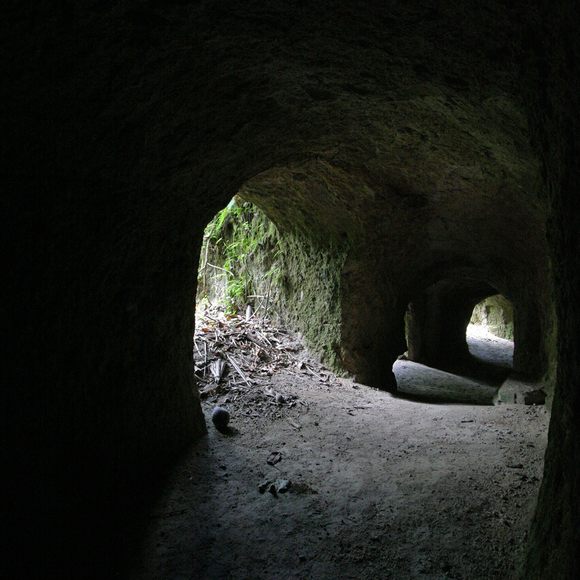

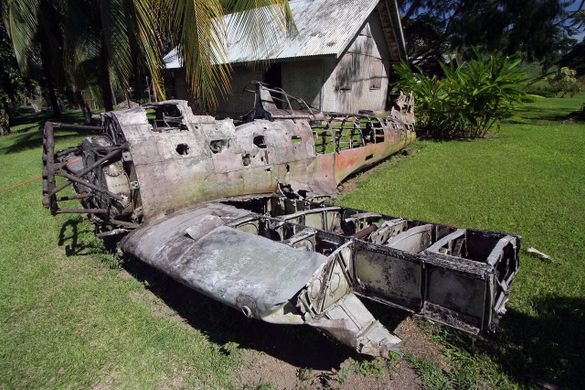
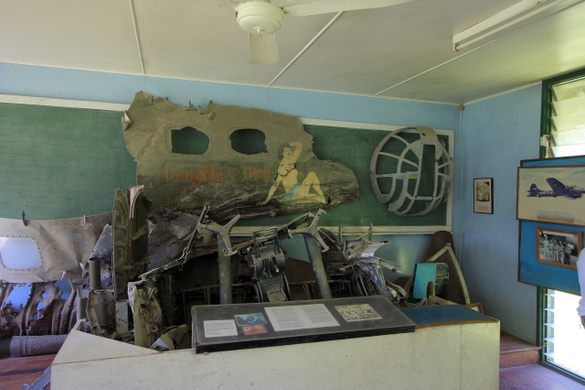
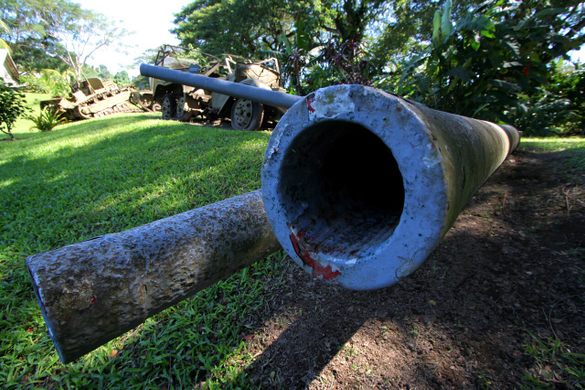



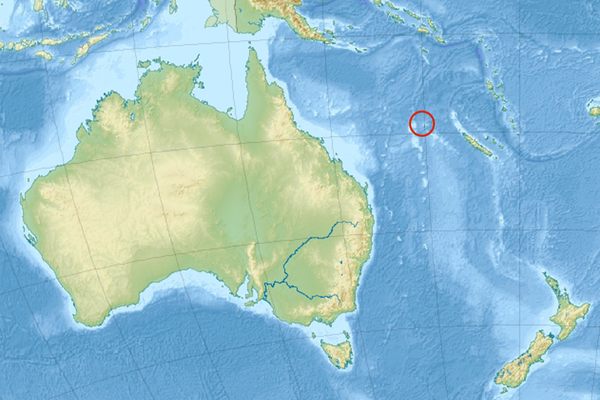
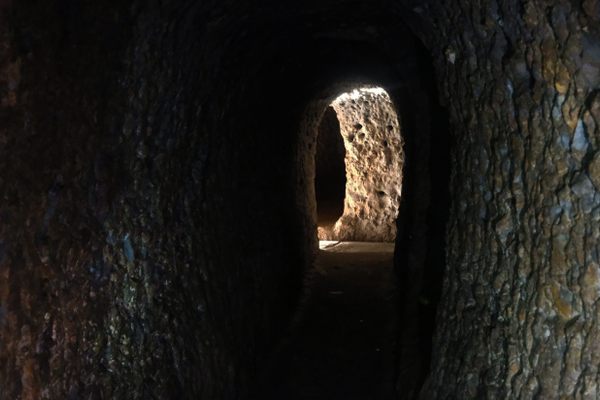


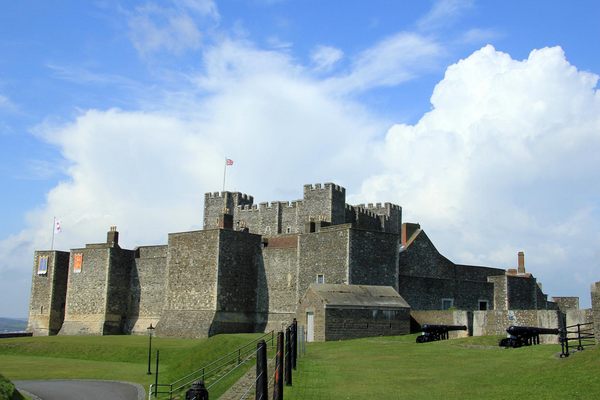

Follow us on Twitter to get the latest on the world's hidden wonders.
Like us on Facebook to get the latest on the world's hidden wonders.
Follow us on Twitter Like us on Facebook